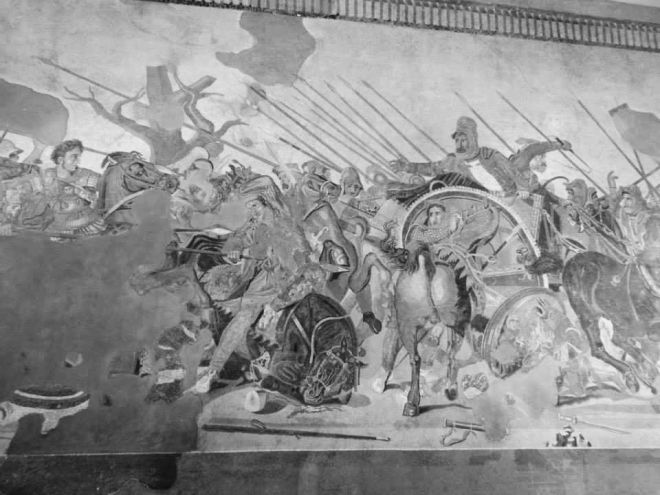
Synopsis:
Frederick the Great devotes a small corner of his Anti-Machiavel to answer why the Persian Empire of Darius III did not rise again following the death of its conqueror – Alexander the Great. Rather than destroy the empire Alexander in a sense co-opted it, and used the institutions of the Persian Empire for his new Macedonian Empire. Frederick also keenly compares from a cultural/political context the nation-states of Europe in his own era with those of Alexander and Darius.
Excerpts:
“The same policy which carried the King’s ministers to the establishment of an absolute despotism to France, also taught them to distract the nation by using its lightness and inconstancy, to make it less dangerous: a thousand frivolous occupations, the trifles and the pleasures, was given in exchange for their rights and their power.
“France’s powerful armies, and a very large number of fortresses, ensure that the French Sovereign will possess the throne forever, and they do not have anything to fear now concerning internal wars or their neighbors invading France.
“The author (Machiavelli) considers these things from only one point of view. He does not discuss the structure each government has: he appears to believe that the power of the empire of Persia and the Turks was founded only on the general slavery of these nations, and on the single rise of only one man who is the absolute ruler. He is of the idea that a despotism without restriction, established well, is the surest means that a prince has to ensure reign without disorder, and resist its enemies vigorously.
“The difference of the climates, the peoples’ diets, and their level of education, establish a total difference between their way of living and of thinking – like the difference between an Italian monk and a Chinese scholar. The temperament of the English, stout-hearted but hypochondriacal, is completely different from the proud courage of the Spanish; and the French have as little resemblance to the Dutch as the promptness of a monkey-cry has with the phlegm of a tortoise.
“It was noticed from time immemorial that the custom of the Eastern people was a spirit of constancy in their practices and their old habits, of which they almost never depart. Their religion, different from that of Europeans, still obliges them in some way, for fear of trouble visiting their Masters, the company of not to consort with those which they call the infidel; and to avoid carefully all that could pollute their religion and upset the structure of their government. Here is what, in their countries, makes for security of the throne, rather than that of the monarch: the Emperors are often dethroned, but the empire is never destroyed.
*All excerpts have been taken from Anti-Machiavel, Newark Press.
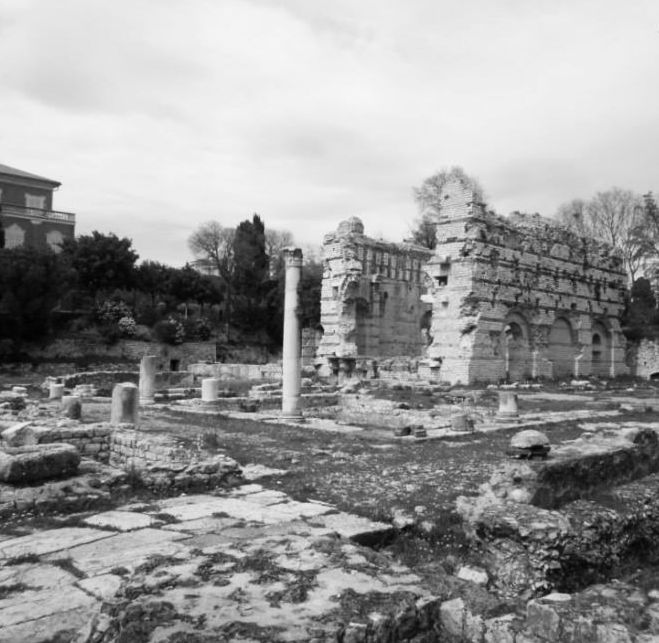

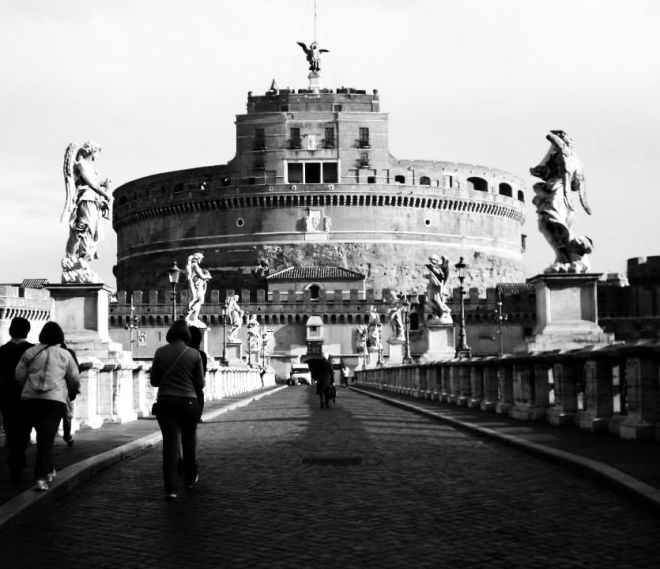

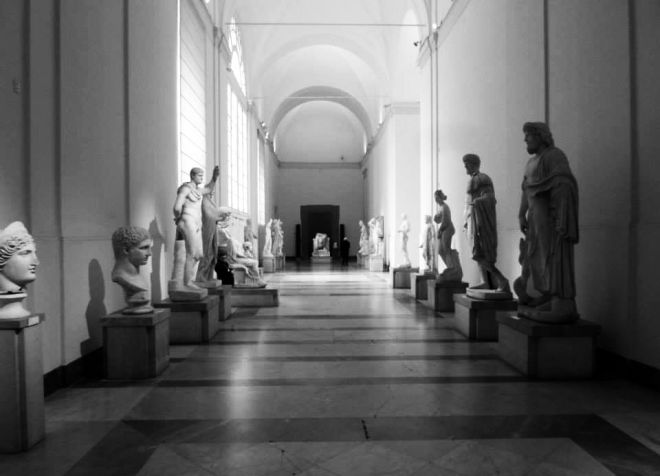
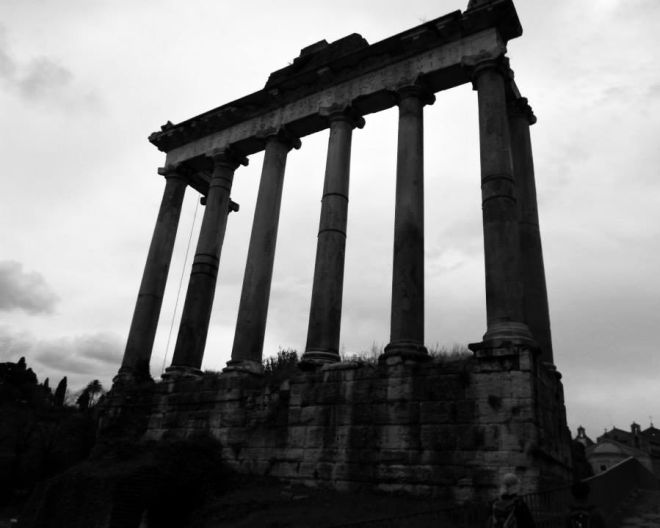
You must be logged in to post a comment.